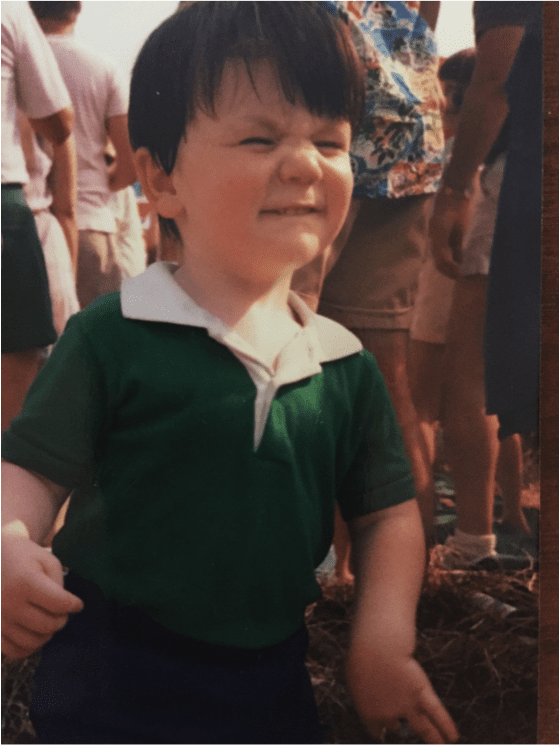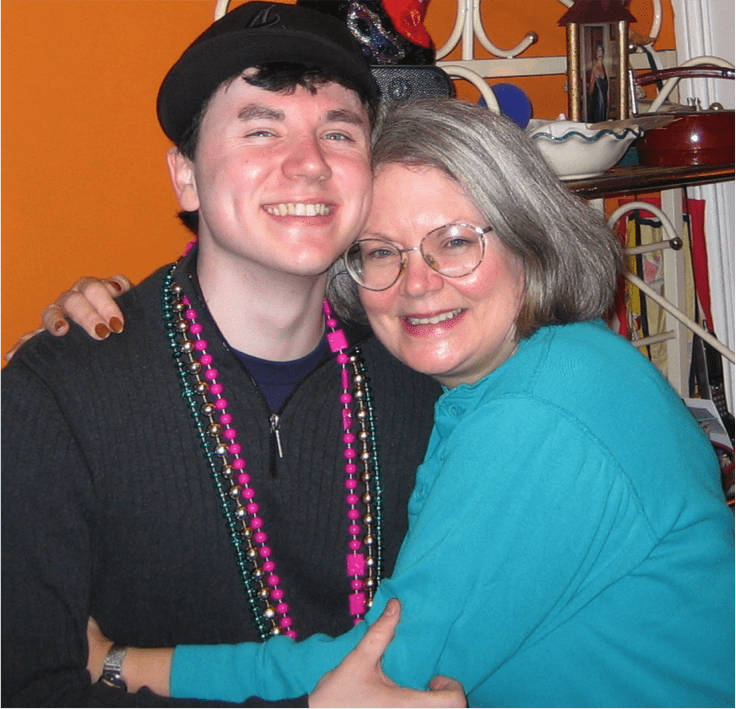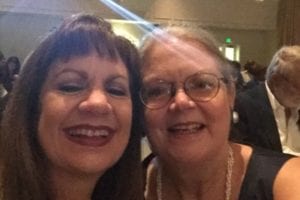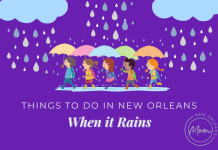I am probably a bit older than most contributors to this blog; in fact, it’s likely that I’m old enough to be the parent of most of the writers. But a recent post about how awful it is to raise a (white) child in the city of New Orleans and thus, how it was necessary to move to the suburbs disappointed me and prompted me to write.
I am the mother of a white child (now adult) raised inside the Crescent City, a child who attended an Orleans public school.
I myself did not grow up inside the city. When my father returned from World War II, he married my mom, and like so many white veterans, they bought a house in a brand-new suburb, in their case, in a former tomato field in Chalmette. As soon as I was aware, around my teens, I began to despise the all-whiteness and complacency and anti-New Orleans sentiments I experienced. I longed to move to the city, and I did, as soon as I entered college.
I reveled then, and still do, in New Orleans city life — the diversity of people, the rich vibrant culture at all levels, the food and drink available at any time day or night, the way residential neighborhoods had businesses you could walk to (unheard-of and even forbidden by zoning in most suburban areas), even the exuberant politics (politics then in St. Bernard Parish were pretty much a foregone conclusion).
 Life was not all roses: I was mugged once, in the Marigny (before folks called it that), and my off-Magazine apartment was broken into once. As I came to adulthood and experienced more and more of the life of my city, I took the good with he bad as part of the bargain I had made to escape what I felt was stultified and segregated in the suburbs. I didn’t want an all-white life, even if “safer.”
Life was not all roses: I was mugged once, in the Marigny (before folks called it that), and my off-Magazine apartment was broken into once. As I came to adulthood and experienced more and more of the life of my city, I took the good with he bad as part of the bargain I had made to escape what I felt was stultified and segregated in the suburbs. I didn’t want an all-white life, even if “safer.”
Soon after my son was born in 1982, we bought a house on Napoleon. For most of my son’s childhood, I did not have a driver’s license and everywhere we went while his father was at work was done by walking, public transportation, and by cab. From infancy onwards, I took my son everywhere with me — testifying against nuclear power, marching in the Martin Luther King Day parade, protesting the first Gulf War. I wanted him to have an urban life.
As he grew, we developed a tradition: after each birthday, I would explain that now with these new toys, we didn’t have room for all the old ones. I would invite him to choose which toys he was too big for. He would fill a box, and then he and I would take it to the curb. Stevie made the sign that said “Free Toys.” Then we would go inside and peek out the front window as toys were picked up one by one, or, a couple times, the whole box was taken away. He loved it, even looked forward to it.
Once, while we doing yard work, a shabby-looking black man asked for “spare change.” Before his dad could go back inside to find his wallet, Stevie had grabbed his piggy bank and emptied the contents into the man’s hands. We asked why he had done that, and his reply still strikes me, “It seemed like he was kind of our friend who needed our help.”
 In Orleans schools, Stevie made friends with many different children, some of whom were as comfortably off as we were, and many of whom were not. He learned to navigate some of the boundaries of race and class and gender. He made his own decisions about who his friends would be based on who he had daily contact with, and thus his friendship were as diverse as the students in his schools.
In Orleans schools, Stevie made friends with many different children, some of whom were as comfortably off as we were, and many of whom were not. He learned to navigate some of the boundaries of race and class and gender. He made his own decisions about who his friends would be based on who he had daily contact with, and thus his friendship were as diverse as the students in his schools.
Our neighborhood was also diverse: blocks away was the starting point of a Mardi Gras Indian tribe’s march, which we always joined. Often in his childhood, a second-line would go by (a real one, not a wedding) and we would run out to dance in. Parades lined up near our house and this too was a delight.
How do you raise affluent white children to be real New Orleanians, to be open-hearted, generous, tolerant, to see themselves connected to all kinds of people?
Hard question, but I know one thing: you don’t do it by leaving the city.
About Melanie
 Melanie Morel-Ensminger is, according to her cousin’s research, a 7th-generation New Orleanian. She is a Unitarian Universalist minister, a community activist, and a mother and grandmother. She is married to Eric Morel-Ensminger, who plays trumpet with the Deacon John band. They live in Gentilly Terrace with their dog Keely Smith.
Melanie Morel-Ensminger is, according to her cousin’s research, a 7th-generation New Orleanian. She is a Unitarian Universalist minister, a community activist, and a mother and grandmother. She is married to Eric Morel-Ensminger, who plays trumpet with the Deacon John band. They live in Gentilly Terrace with their dog Keely Smith.

















Love this!! Thank you from a mom of a 16 year old son…